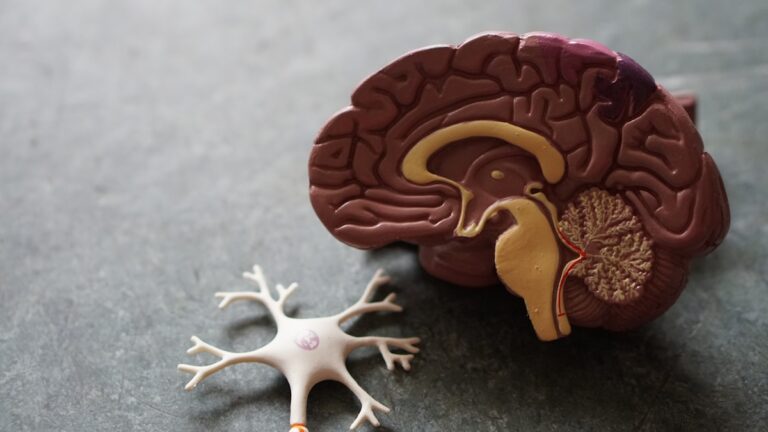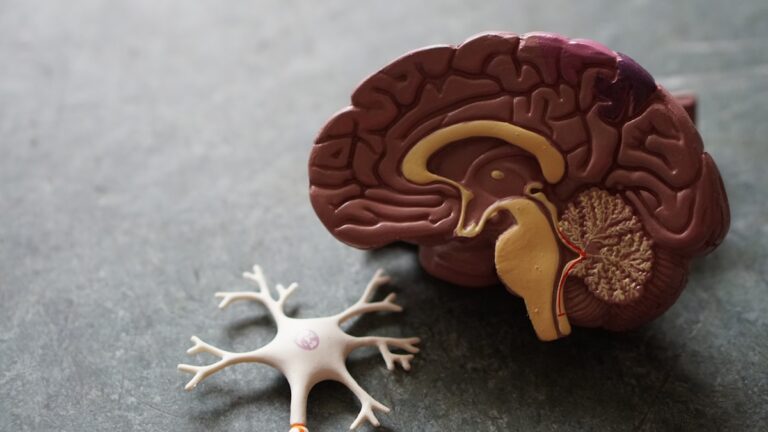Dementia is a heartbreaking and often misunderstood disease that affects millions of people worldwide. It is a progressive condition that affects the brain, causing memory loss, communication difficulties, and changes in behavior and mood. Providing care for someone with dementia can be challenging, both emotionally and physically. However, with the support of a strong and caring community, the journey can become a little easier.
The role of community support in dementia care cannot be understated. It plays a crucial role in ensuring that individuals with dementia and their caregivers receive the necessary support and resources to live a fulfilling life. Community support goes beyond just medical care and treatment; it encompasses a holistic approach to addressing the needs of those affected by dementia.
One of the most critical aspects of community support in dementia care is providing a network of social support. Dementia can be a very isolating disease, leading to feelings of loneliness and depression. Having a community that understands and provides companionship can greatly improve the quality of life for individuals with dementia. This can include services such as support groups, social events, and home visits from volunteers.
Social support also extends to caregivers, who often bear the brunt of the responsibilities in dementia care. Caregivers need a strong support network to help them cope with the physical and emotional demands of caregiving. This can include respite care, where trained volunteers or professionals provide temporary relief for caregivers, allowing them time to rest and recharge.
Another essential aspect of community support in dementia care is education and training. Dementia is still widely misunderstood, leading to stigmatization and discrimination towards those living with the disease. Community programs that educate people about dementia can help break down these barriers and promote empathy and understanding.
Education should also extend to caregivers, as they need to understand the disease and how to effectively care for someone with dementia. Community programs can provide training on how to manage challenging behaviors, communicate effectively with someone with dementia, and ensure the safety and well-being of both the individual with dementia and the caregiver.
Community support also involves creating a dementia-friendly environment. This means making necessary changes to the physical environment to ensure it is safe and accommodating for individuals with dementia. This can include simple modifications like labeling household items, installing handrails, and removing potential hazards. It also involves educating businesses and organizations on how to be more inclusive and accommodating for those with dementia.
In addition to social support, education, and creating a dementia-friendly environment, community support also includes access to essential services. This can include transportation services to help individuals with dementia attend appointments or social events, home health care services, and financial assistance programs. These services can alleviate the burden on caregivers and provide a better quality of life for individuals with dementia.
Volunteerism is also a crucial aspect of community support in dementia care. Volunteers can offer companionship, respite care, and other forms of support to both individuals with dementia and their caregivers. Their time and dedication greatly contribute to the well-being of those affected by dementia.
Lastly, community support in dementia care involves advocacy. Communities need to speak up and advocate for better resources and services for individuals with dementia. This can include advocating for increased funding for research, better access to healthcare, and improved policies and legislation that protect the rights and dignity of those with dementia.
In conclusion, community support plays a vital role in dementia care. It provides a network of social support, education and training, a dementia-friendly environment, access to essential services, volunteerism, and advocacy. This holistic approach is crucial in improving the quality of life for individuals with dementia and their caregivers. It takes a village to care for someone with dementia, and with the support of a strong community, the journey can become a little easier.





